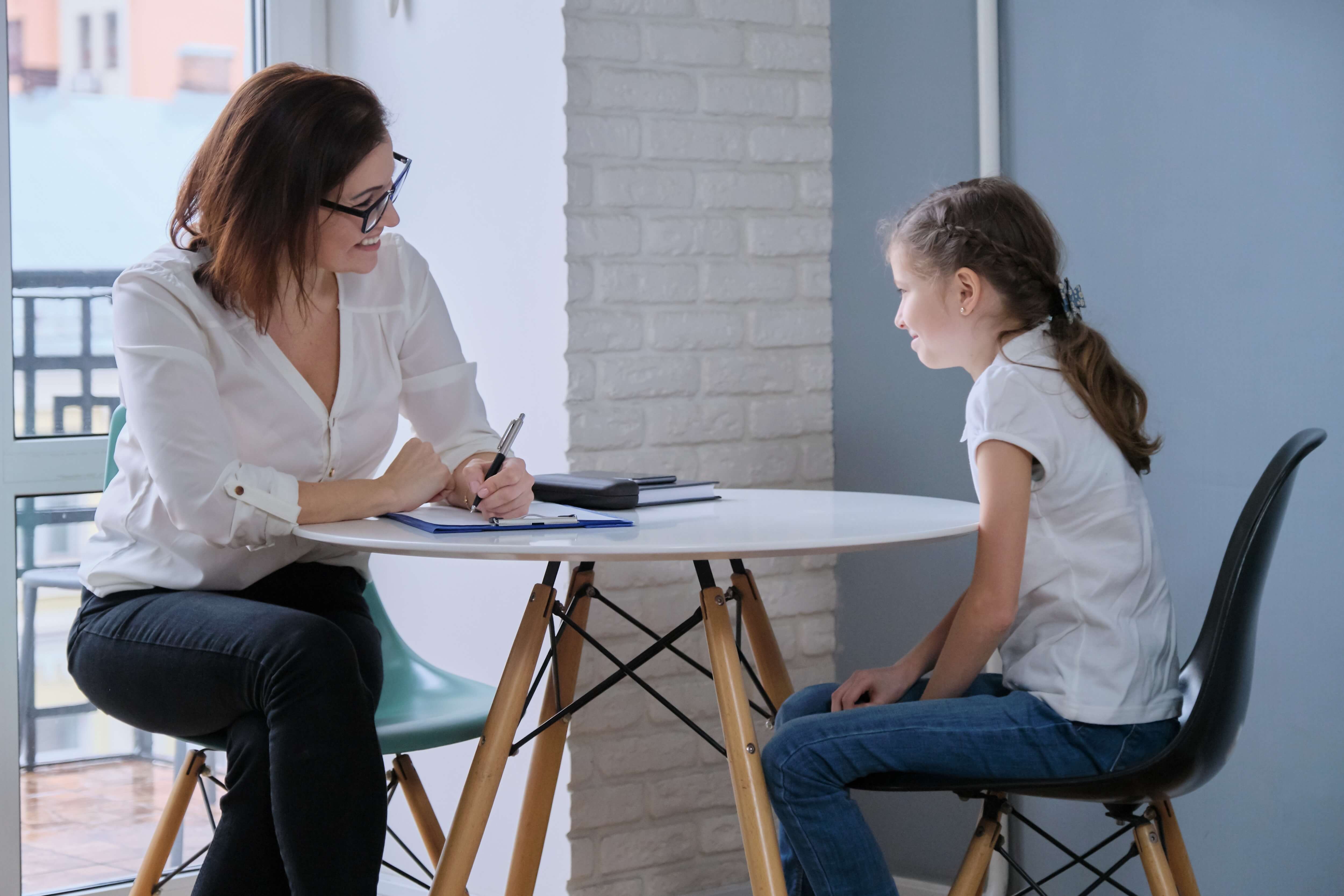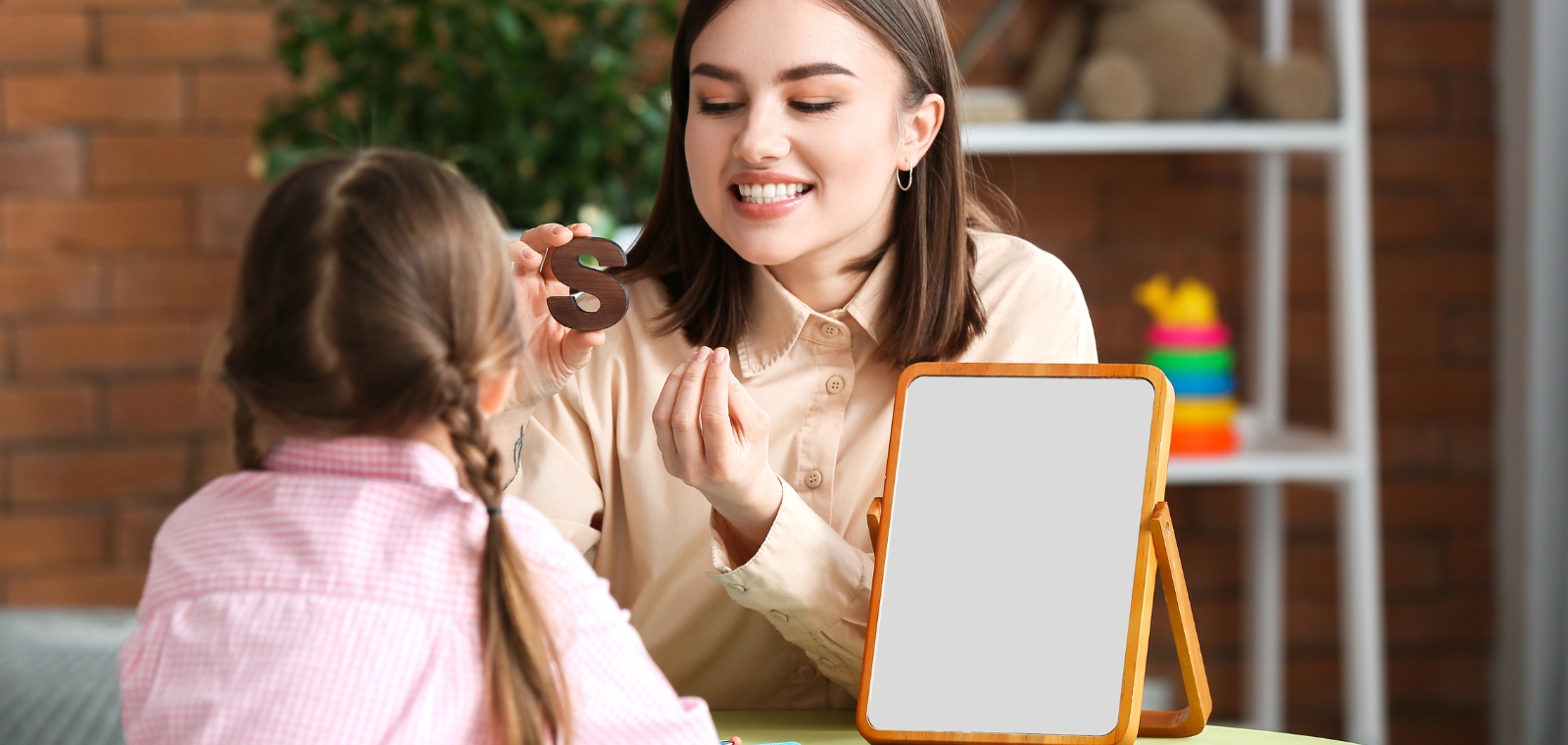
A Day in the Life of a School Psychologist
School Psychology is one of our newer travel career opportunities while also being a lesser-known discipline. So, what exactly does a school psychologist do? School psychologists being an integral part of their schools, work with teachers, students, and families to facilitate the teaching and learning processes.
They possess a unique skill set, specializing in mental health, learning, and behavior and applying their expertise to support student success in each. To better paint a picture of what that relationship looks like, we have a snapshot of a typical day in life: School Psych Edition!
- Conduct Psychological Evaluations: A school psychologist’s workload is based on referrals from teachers and school administrators—whether students are struggling in specific facets of school life or excelling. With access to each student’s interdisciplinary records, they are able to begin a preliminary evaluation of high-need areas. To further develop evaluations, they may observe a student during the course of their school day or interview the student directly for more information.
- Collaborate with Interdisciplinary Team to Progress Student IEPs: Since each student’s situation is different, a school psychologist must work with teachers, administrators, staff, and family to ensure IEPs are current and progressing on schedule.
- Teach Pro-Social School Behaviors to Students: To help students adapt to their school environment and achieve success, school psychologists teach them proper behaviors to exercise on their own. Each psychologist has their own methodology—Including role-playing, setting individualized student goals, and positive reinforcement—to foster student progress.
![]() See AlsoInspiring Cancer Survivor Honored as Allied Traveler
See AlsoInspiring Cancer Survivor Honored as Allied Traveler
- Conduct Counseling Sessions with Students: In traditional psychological fashion, school psychologists hold sessions with students to discuss various issues they may be encountering. These sessions can be individual or group focused, with the psychologist documenting the proceedings to address student needs that arise.
- Work with Staff to Develop Evolving Intervention Methods: School psychologists also have to ensure their schools are following proper protocol in teaching and other practices with regard to students. To stay on top of the school, a psychologist might directly monitor a teacher’s methodologies, offer constructive feedback, and keep tabs on student performance in the classroom.
- Facilitate Conflict Resolution Exercises with Students: If two (or more) students are involved in a conflict during school, a psychologist can work with them to help resolve the issue and offer alternative solutions for future situations.
- Meet with Parents: The relationship between a school psychologist and parents is paramount for student success. To keep each parent consistently updated on their child’s progress, a psychologist must meet regularly with them—either face to face or on the phone. This way, the psychologist is also privy to goings-on at home that might trigger certain behaviors from a student.
There you have it—a typical day at the office for a school psychologist. As you can see, they are instrumental in supporting the success of every student they work with. Hopefully this snapshot provided some enhanced insight into the field of school psychology and the people who call it home.
Next time you bump into your school’s psychologist in the hallway or the teacher’s lounge, or collaborate on a student IEP, strike up a conversation!




